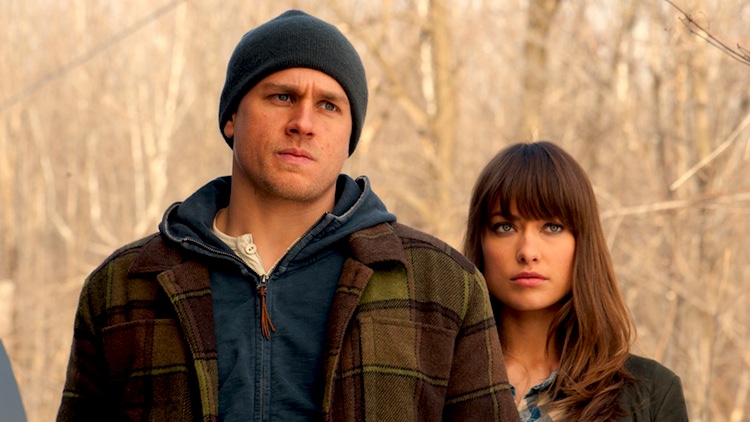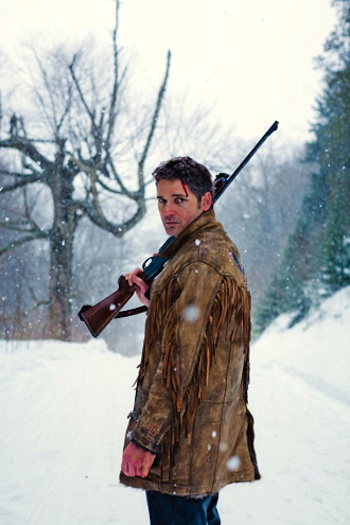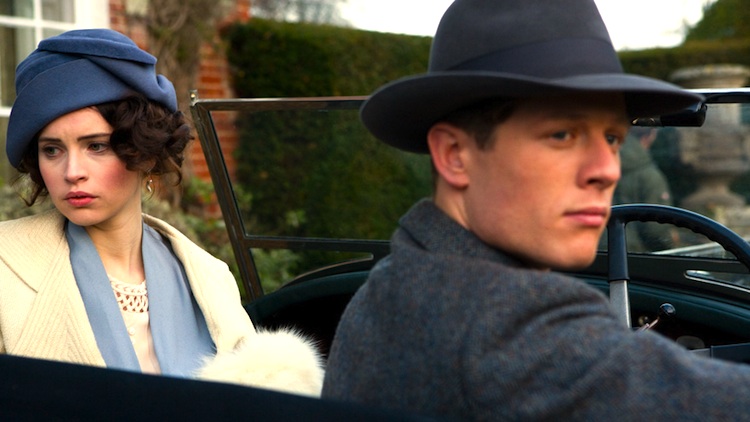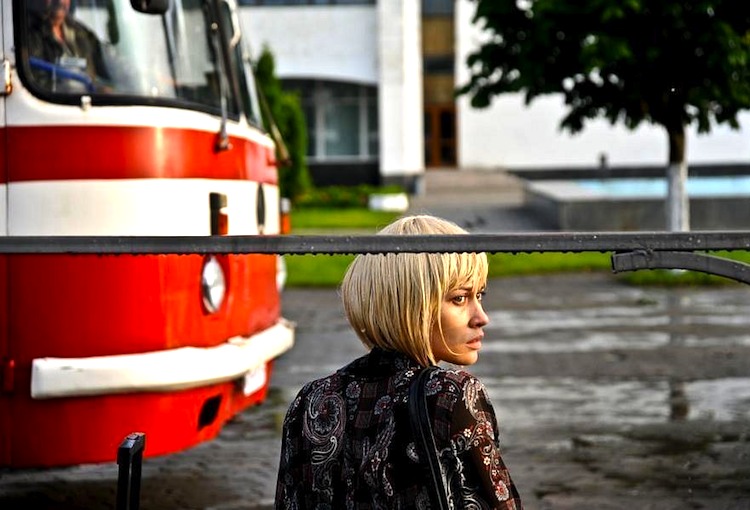
By Joe Bendel. On April 25th, 1986, Pripyat was known as a model “Atomic City.” Two days later, it was well on its way to being a radioactive ghost town. The resulting physical and emotional damage done to the local Ukrainian populace is starkly dramatized in Michale Boganim’s Land of Oblivion (trailer here), which screens during the 2012 San Francisco International Film Festival.
It rained on that fateful April 26th, fixing the radiation in the area surrounding the nuclear power plant. That was bad news for Pripyat, the bustling Ukrainian town built accommodate Chernobyl workers – but good for the rest of the world.
Making a bad situation worse, many Ukrainians would needlessly perish because of the Soviets’ reluctance to admit the severity of the crisis. One of them will be Anya’s new husband Pyotr, a fireman pulled away from their wedding reception for lethal duty at Chernobyl. The disaster will also rob young Valery of his father Alexei, a safety engineer expressly forbidden from warning Pripyat residents of the deadly reality he understood only too well. In contradiction of Soviet policy, he sends Valery and his mother away on the first train out of town. Faced with the guilt and futility of the situation, Alexei roams the streets of Pripyat, handing out umbrellas as certain death rains from the sky.
Ten years later, Anya has not moved on with her life. She works as a guide, taking curious French tourists and grieving survivors on tours of the no man’s land that was once her home. One of her groups includes Alexei’s widow and Valery, who has become an angry teenager greatly desiring some closure.
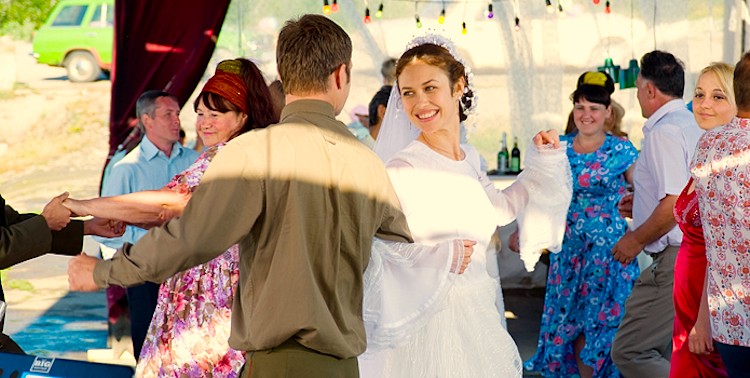
Shot on-location in the forbidden zone, Oblivion looks downright spooky. It clearly suggests the upcoming Oren Peli produced Chernobyl horror movie should be scary as all get-out, even if they do an only a half-way decent job of it. Frankly, watching Anya lead her busloads of gawkers is jarring enough. Obviously this job is profoundly unhealthy for her, but she remains psychologically tethered to the ghost town.
While Oblivion abstains from graphic depictions of radiation sickness, it presents an unambiguous indictment of the Soviet authorities’ rampant CYA-ing and callous indifference to Ukrainian suffering. Like the character of Anya, it somewhat loses its way during the early scenes of the 1996 winter story arc, but when Boganim starts following the wayward Valery through Pripyat’s desolate streets and abandoned buildings, the film achieves an air of surreal high tragedy.
Admirably understated, former Bond-girl Olga Kurylenko’s work as Anya, in her native Ukrainian, is remarkably assured and shrewdly modulated. As Alexei, Polish actor Andrzej Chyra is also quite restrained, yet touching.
In her first dramatic feature, Israeli-born French documentarian Boganim balances the intimate and the ominous fairly dexterously. Oblivion also boasts a distinctive soundtrack from Polish jazz musician Leszek Możdżer. Refraining from his experimentations with “treated” pianos, his themes are surprisingly upbeat and swinging, but they help propel the audience through much of the on-screen grimness. Often visually arresting, Land of Oblivion is a well produced film, definitely recommended, particularly for those fascinated by the Chernobyl disaster and the Soviet era in general, when it screens again this Friday (4/27) and Sunday (4/29) during this year’s San Francisco International Film Festival.
LFM GRADE: B+
Posted on April 27th, 2012 at 1:12am.
